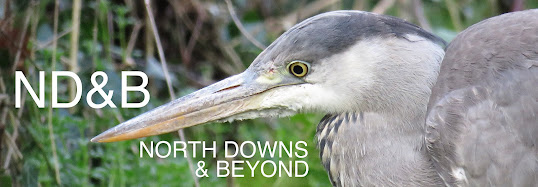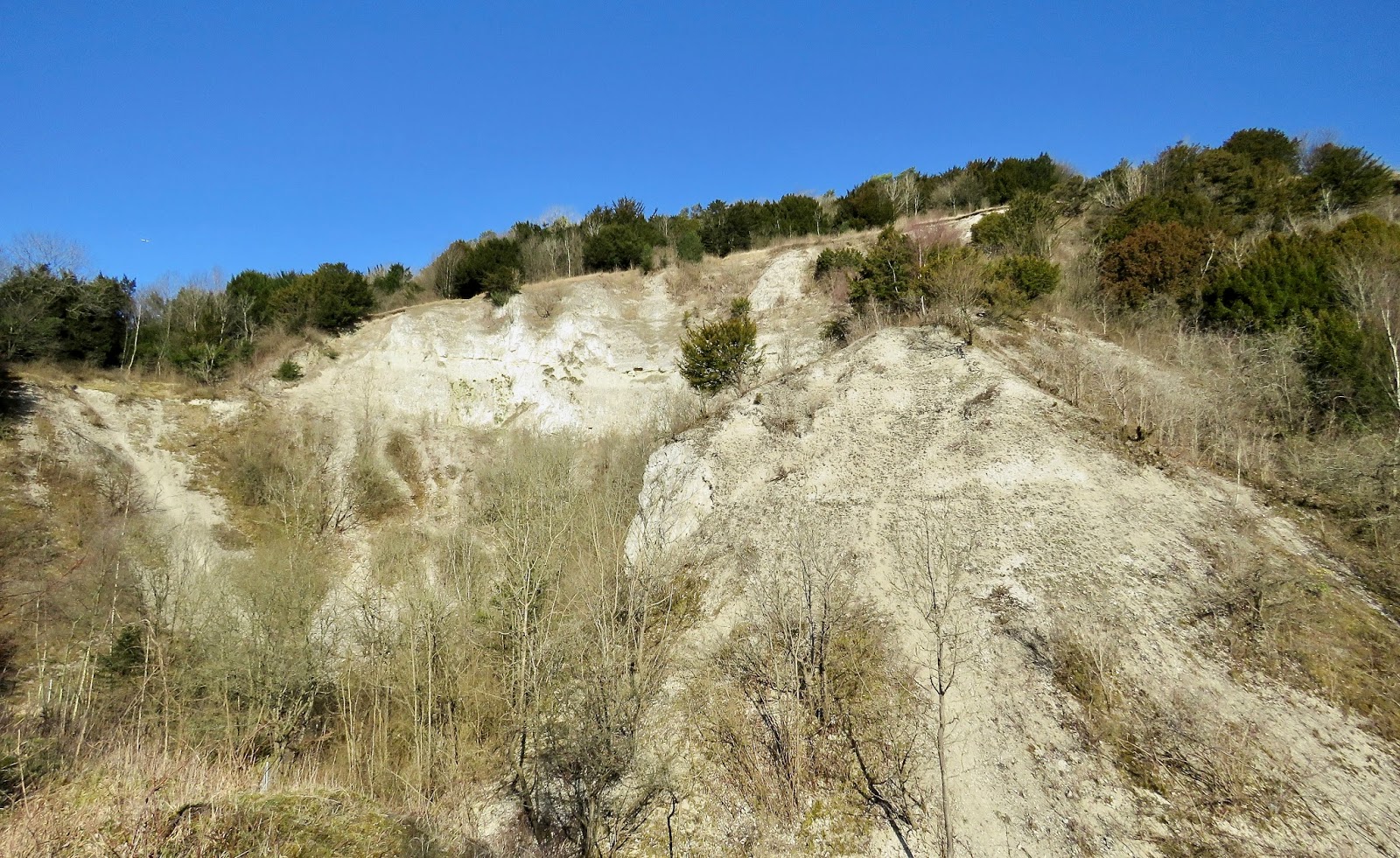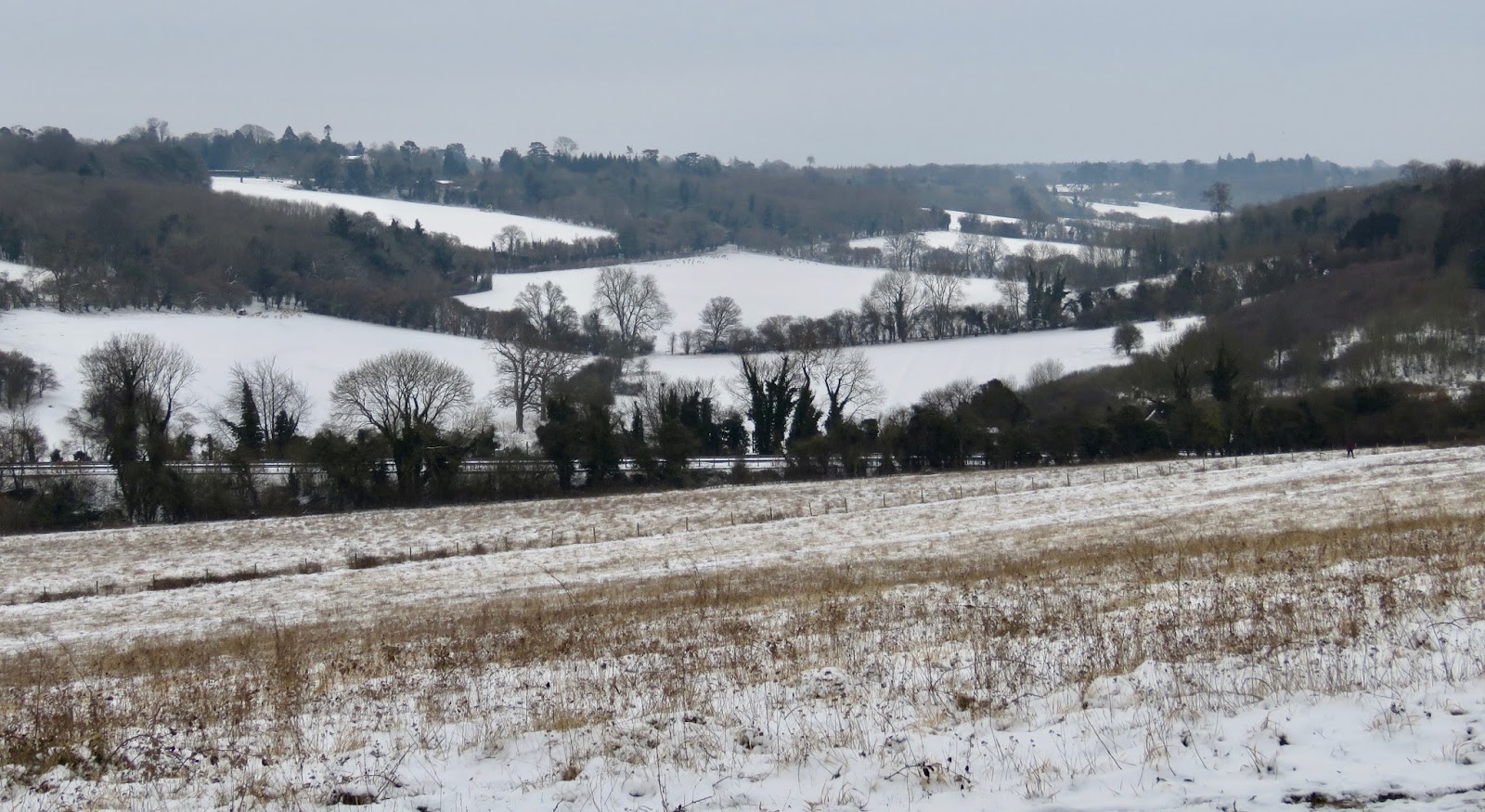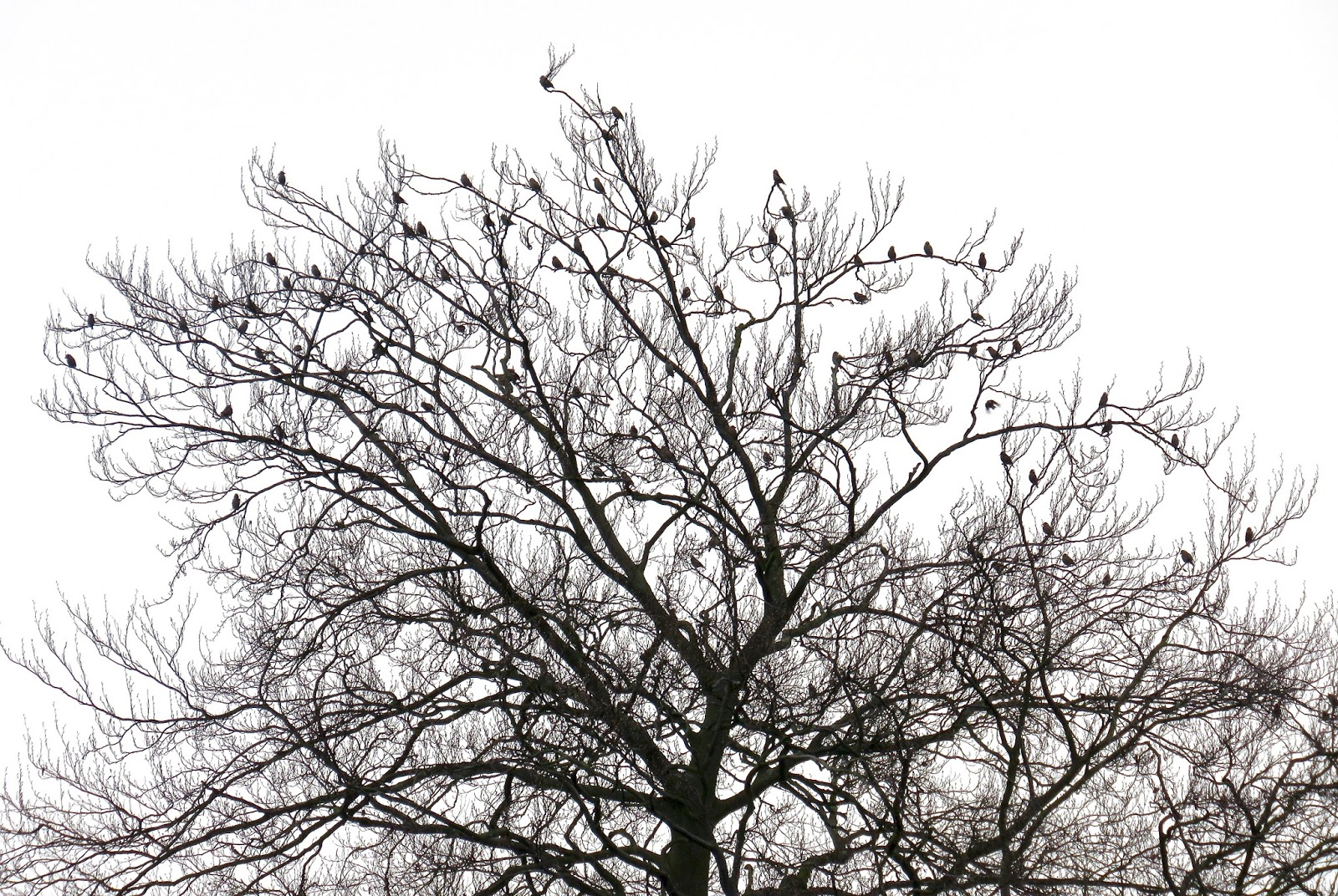Numbers
I'm putting together an article on the current Hawfinch irruption in Surrey and thought you might be interested in the following numbers: 12,729 Total Hawfinch bird/days in Surrey since October 7th 6,094 My personal Hawfinch bird/day total since October 16th 600 Highest count - from Bramblehall Wood on March 13th 110 Number of locations in the county to have recorded the species And there's still April to come...















